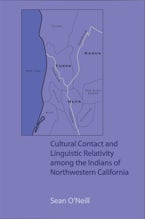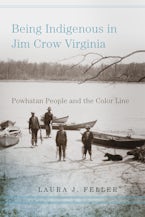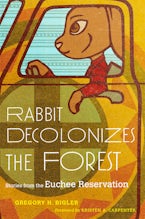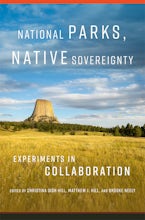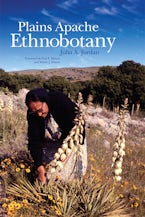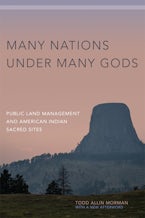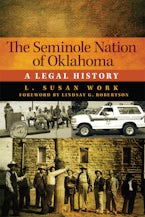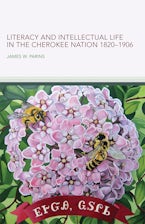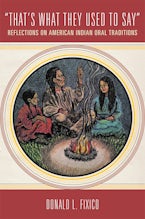- Home
- social science
- history
- language arts & disciplines
- Cultural Contact and Linguistic Relativity among the Indians of Northwestern California
Cultural Contact and Linguistic Relativity among the Indians of Northwestern California
by Sean O'Neill
Published by: University of Oklahoma Press
Imprint: University of Oklahoma Press
Despite centuries of intertribal contact, the American Indian peoples of northwestern California have continued to speak a variety of distinct languages. At the same time, they have come to embrace a common way of life based on salmon fishing and shared religious practices. In this thought-provoking re-examination of the hypothesis of linguistic relativity, Sean O’Neill looks closely at the Hupa, Yurok, and Karuk peoples to explore the striking juxtaposition between linguistic diversity and relative cultural uniformity among their communities.
O’Neill examines intertribal contact, multilingualism, storytelling, and historical change among the three tribes, focusing on the traditional culture of the region as it existed during the late nineteenth and early twentieth centuries. He asks important historical questions at the heart of the linguistic relativity hypothesis: Have the languages in fact grown more similar as a result of contact, multilingualism, and cultural convergence? Or have they instead maintained some of their striking grammatical and semantic differences? Through comparison of the three languages, O’Neill shows that long-term contact among the tribes intensified their linguistic differences, creating unique Hupa, Yurok, and Karuk identities.
If language encapsulates worldview, as the principle of linguistic relativity suggests, then this region’s linguistic diversity is puzzling. Analyzing patterns of linguistic accommodation as seen in the semantics of space and time, grammatical classification, and specialized cultural vocabularies, O’Neill resolves the apparent paradox by assessing long-term effects of contact.
Sean O'Neill is Associate Professor of Anthropology at the University of Oklahoma and a linguistic anthropologist who specializes in the expression of oral literature in multilingual and multicultural settings. He is author and coeditor of numerous articles and books on the Indigenous languages of the Americas, including The Collected Works of Edward Sapir, volume 14, Native American Placenames of the Southwest, and Dictionary of the Ponca People.

